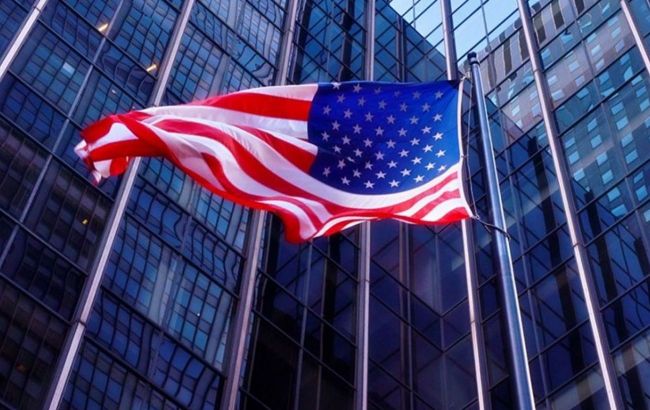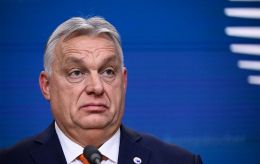White House calls exceptions for tariffs on imported goods
 The White House announces which goods the US will not impose tariffs on (Photo: Getty Images)
The White House announces which goods the US will not impose tariffs on (Photo: Getty Images)
The US does not plan to impose reciprocal tariffs on certain imported goods. Specifically, exceptions will be made for products that are critical to US production and national security, reports the White House.
According to the administration of US President Donald Trump, certain goods will be exempt from the reciprocal tariffs imposed by the US.
In the bulletin released by the White House, the following exceptions were mentioned:
- certain steel/aluminum products, cars/auto parts;
- copper, pharmaceutical products, semiconductors, and lumber products;
- ingots;
- energy and other specific minerals that are not available in the US were listed as exceptions in the White House bulletin.
Trump introduces new global tariffs
Earlier, it was reported that during his speech at the White House, US President Donald Trump announced the introduction of significant tariffs on American imports. This confirmed the implementation of new tariffs on many countries, which he had repeatedly announced previously.
Trump reiterated that on April 3, the US would impose a 25% tariff on all foreign-made vehicles. He also announced the introduction of a universal or minimum base tariff of 10% on imports.
It should be noted that the reciprocal tariffs will take effect on April 9, 2025, while the minimum base tariff will be applied by all countries starting from April 5.
As reported by RBC-Ukraine, the article outlined the specific tariff rates imposed on major US trading partners.
It is important to note that Canada and Mexico are not currently subject to the reciprocal tariffs.
Additionally, regarding Ukraine, the US will only impose the base tariff of 10%.
President Donald Trump also stated that external trade and economic practices had created a national emergency in the US, prompting him to declare a state of emergency in the country to protect the economy.
Earlier, it was mentioned that in response, the European Commission might close the EU market to American goods.


